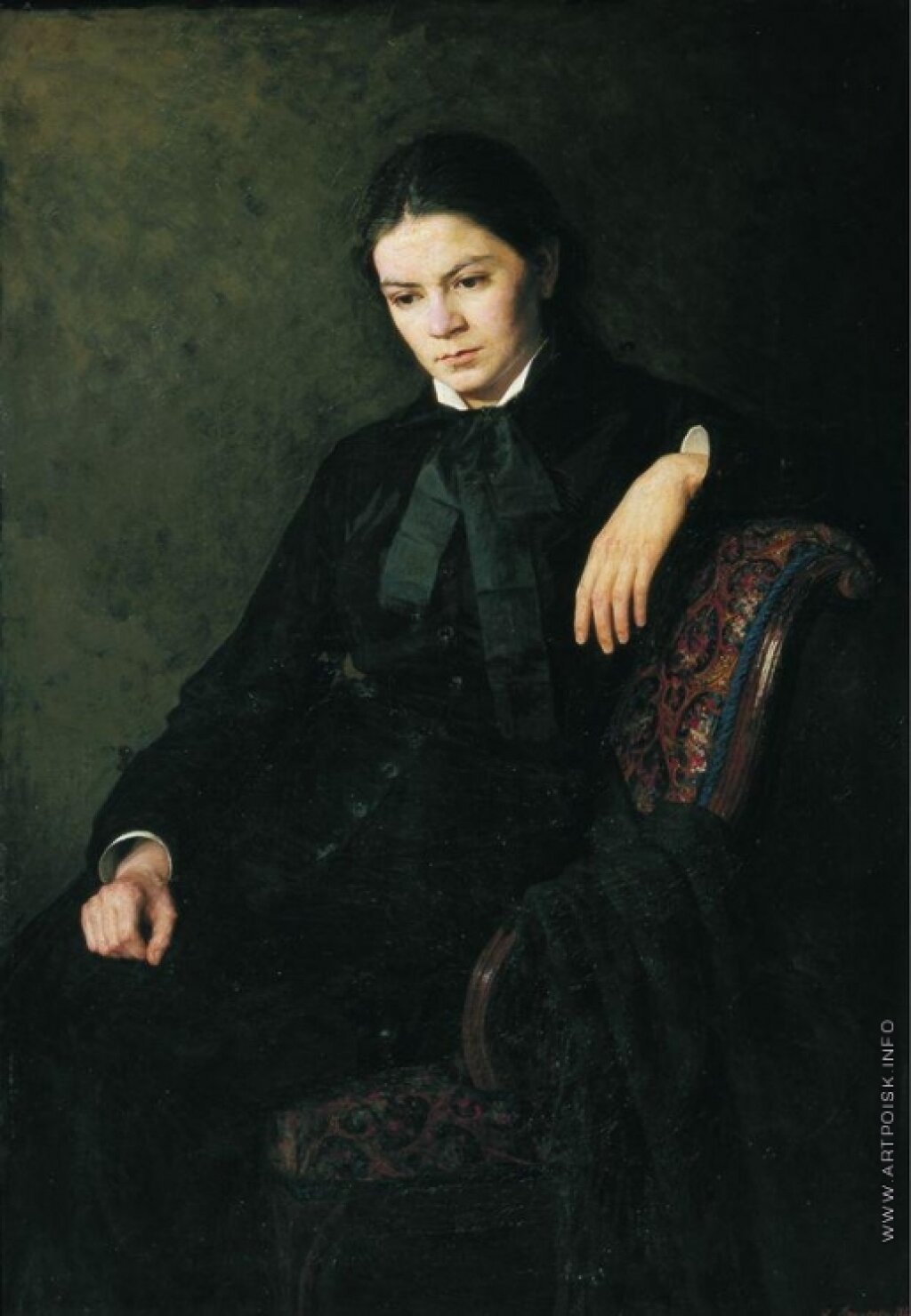Join us for another 19v seminar!
In the first half of the 19th century, aspiring Russian women writers used their culturally sanctioned role as readers to enter the male literary tradition, but how their own works were read diminished their voices in it. Readers adept at discerning messages concealed from government censors gave women’s works only superficial readings, devaluing their literary merit and reinforcing stereotypes that they defied. Whether unwitting or intentional, such “reader-imposed censorship” blotted out women’s departures from the norm and read women back into their place. The publication of Evdokiia Rostopchina’s politically subversive ballad «Насильный брак» (1845) in the conservative Северная пчела illustrates the degree to which gender bias could obscure the import of women’s works. Belinsky’s patently inaccurate assessment of Rostopchina’s collected poems shows a dictatorial male voice overriding the concrete evidence of her oeuvre.
Stereotypes that belittled women were also detrimental to men, Rostopchina maintained. Indeed, persistent gender biases undermine readers’ engagement with fictional worlds created by male authors. Dostoevsky’s «Кроткая» (1876) offers a cogent example. Conceived in the midst of discussions of “the woman question” and John Stuart Mill’s The Subjection of Women (1869), the story reflects Dostoevsky’s concern with victimized women and his admiration of George Sand’s heroines. Privileging the voice of Dostoevsky’s male pawnbroker at the expense of his titular heroine obscures essential thematic and structural components that she brings to the story, robbing it of a crucial dimension. This leaves the dysfunctional narrator dominating the voice not only of his unhappy wife, but even of his author.
Watch the event recording on YouTube here.

